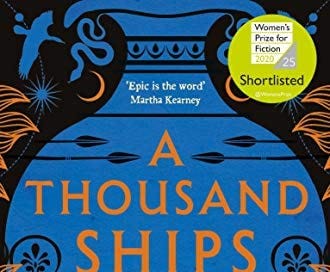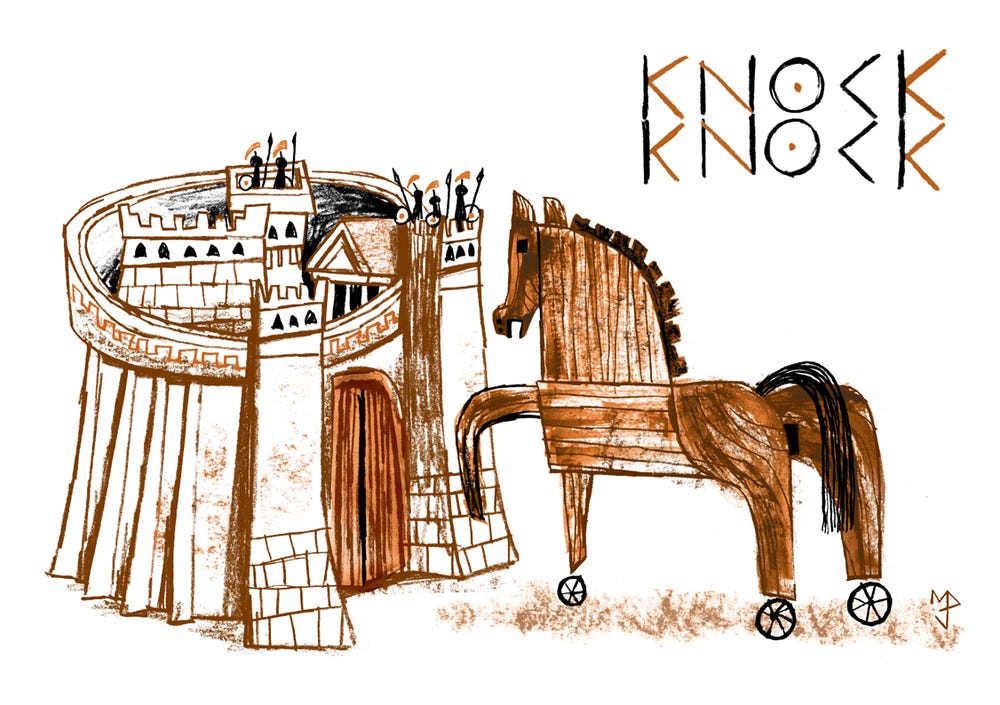Credible alternate history requires, first of all, deep research into actual history. “History class was the what, when and who in a cataloged recitation,” observed Randy Wagner on Facebook’s alternate history forum. “Alt-Hist is the fantasy exploration of the deep what and the why they happened. It is the exploration of causes as if watching the complex interplay of forces…”
Joshua K. McCoy on Gamerant.com seeks to distinguish alternate history from science fiction and fantasy. He says it’s much more grounded in real history, but speculates on what would happen if certain details are changed. He defines it as “fan fiction for history. As such, it’s one of the oldest disciplines in fiction.”
He asserts that the first proper example of alternate history is probably Livy’s Ab Urbe Condita Libri, which imagines an alternate reality in which Alexander the Great continued his invasions.
“The work called Ab urbe condita, sometimes referred to as Ab urbe condita libri, is a monumental history of ancient Rome, written in Latin between 27 and 9 BC by Livy, a Roman historian.” — Wikipedia.
McCoy writes that “every Alternate History story has a point of divergence, a moment or period during which things went differently.”
Others have suggested that the Trojan War, traditionally dated between 1194–1184 BC, and relegated to Greek mythology, may be the first example of alternate history. Or at least the story of the trojan horse may be alternate history. Helen of Troy, you may recall, was allegedly so beautiful, she had a face that launched a thousand ships.
Coincidentally, writer Natalie Haynes, an English classicist, won the Women’s Prize for Fiction 2020 for “A Thousand Ships,” which tells the story of the Trojan War from the point of view of women. Quotes from the book. You could certainly call this alternate history or a retelling of a classic story from different angles. The NYT called it a “savvy and well-plotted” feminist novelization of the “Odyssey.”
Credit: Matt Dawson http://www.mattdawsonillustration.com
Related:
Keep reading with a 7-day free trial
Subscribe to Slender Threads / Global Citizens / Public History to keep reading this post and get 7 days of free access to the full post archives.







